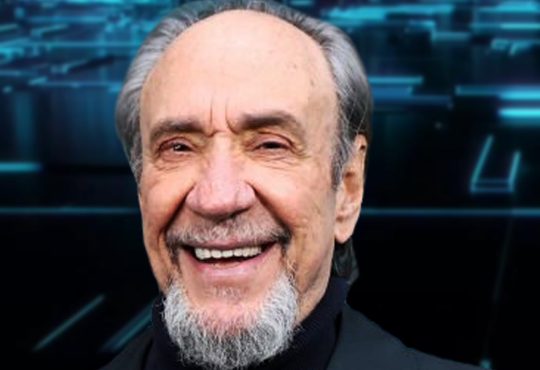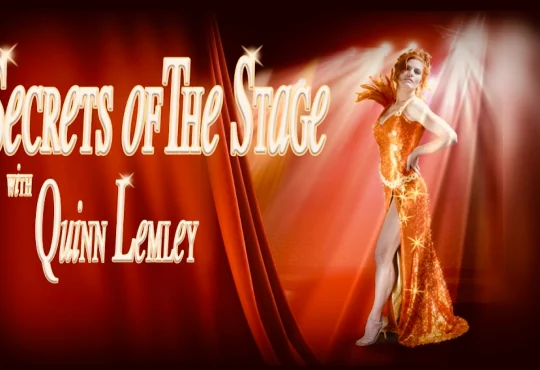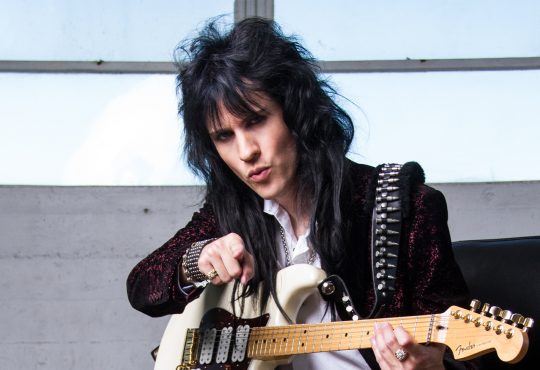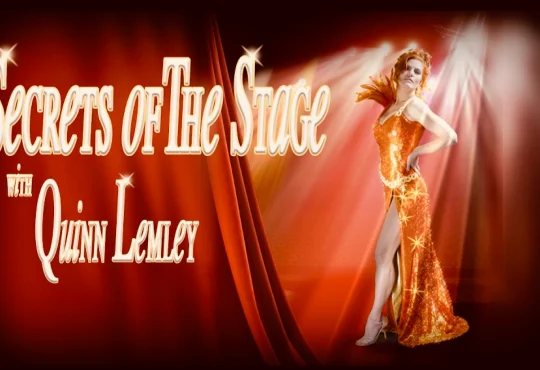How Jada Pinkett Smith and Family Built the Realest Talk Show on TV
When Willow Smith was 11, she made a request of her mom, the actress and musician Jada Pinkett Smith: “I know you as my mother, but I want to know who you were before you were my mother.” Pinkett Smith was shocked that her daughter was already curious in that way. She was also open to revealing more of herself. So, that Mother’s Day, Pinkett Smith called up her own mom, Adrienne Banfield-Norris, and the three of them settled in for a deep, mutigenerational talk. “We saw how much it helps us,” says Smith, now 20. “It was like, ‘Whoa, this is really uncovering some things. I wonder if we can give this feeling to others.’”
Seven years later, in 2018, Red Table Talk was born. The Facebook Watch talk show, hosted by all three women, is a place where they dig into everything from porn addiction to white privilege, openly wrestling with their opposing worldviews and experiences. It’s also become a confessional destination for other celebrities. Model Jordyn Woods visited to tell her side of a cheating scandal that ended her lifelong friendship with the Kardashian-Jenner squad. Beauty influencer Olivia Jade, who discussed the college admissions scandal that put her parents, Lori Loughlin and Mossimo Giannulli, behind bars. Pinkett Smith even brought herself to the table for an unflinching talk with husband Will Smith about her relationship with singer August Alsina while the spouses were separated.
Within a year, the show was nominated for an Emmy, and transformed into a full-time job for all three of women — much to their surprise. “I quit my career for the second time,” Banfield-Norris exclaims. “I had already retired once, went back to nursing, and now I quit again. It definitely has taken over as a primary occupation.”
The goal now: “Broadening the empire,” Smith says, with Red Tables across the world. Gloria Estefan leads the first spinoff with her daughter and niece. One will launch in India next and, eventually, in the Middle East. The hosts hope that future incarnations of the show continue to bust misconceptions about women from all different cultures, much as it has for them. “To be able to sit [as] three black women and see the variety of perspectives is really interesting, because I know a lot of people just like to put black women in one big old pot,” Pinkett Smith says. “That myth has to be dissolved.”








